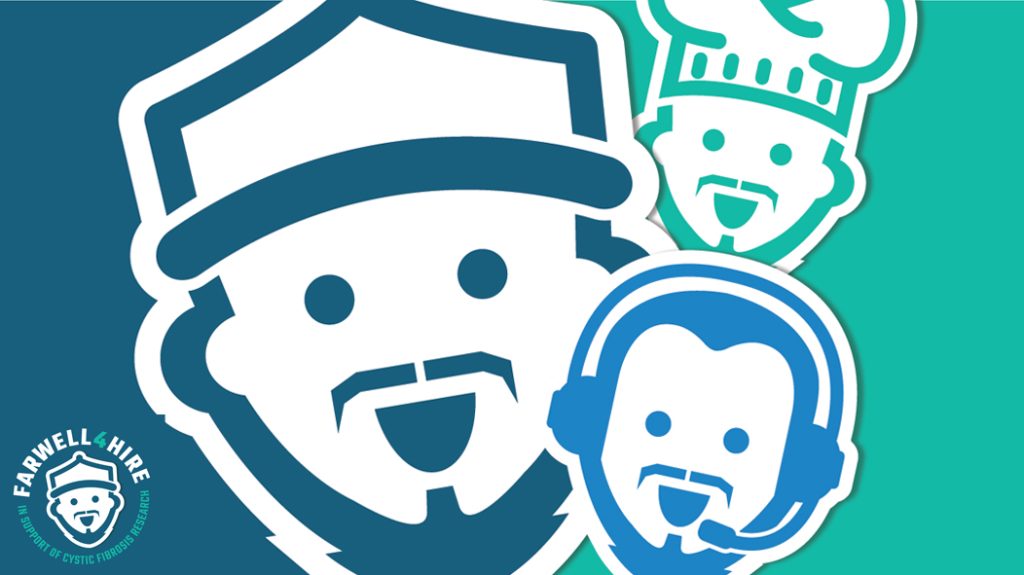Interview: Twitter Canada’s Kirstine Stewart on how to tweet
Posted Jun 13, 2013 07:42:33 PM.
This article is more than 5 years old.
TORONTO – Even before she officially joined the team at Twitter, the CBC’s former executive vice-president of English services, Kirstine Stewart, was doing her part to boost the social network’s profile in Canada.
The frequent Twitter user with nearly 17,000 tweets to her name proudly proclaims that she was the one responsible for convincing the always controversial and quotable Don Cherry to sign up for the social network last year.
On Thursday, she was trying to generate some more tweets in a more official capacity. Representatives from some of the biggest brands in Canada packed a convention room in Toronto for the official launch of Twitter Canada, where Stewart was joined by a host of “VITS” (very important tweeters) including “Dragons’ Den” judge Arlene Dickinson and Montreal Canadiens defenceman PK Subban in selling tweeting as a marketing vehicle.
Since becoming the company’s Canadian director a month ago, Stewart has announced big partnership deals with Bell Media and Shaw Media.
After the event, Stewart sat down for an interview to talk about the company’s move to Canada, how to tweet effectively, and how she hopes to get more users on the platform. According to a recent report by the Media Technology Monitor, based on surveys conducted in the fall with 4,001 anglophone Canadians, less than one in five Internet users said they were on Twitter in the past month, although those numbers had grown by 80 per cent in a year, up from just 10 per cent in 2011.
CP: The Twitter Canada launch is very much about marketing and building revenue for the company, but how will it affect users?
KS: We’ve already been answering customer service questions or at least helping direct them to the right place. I think the opportunity we have too is in development of users…. The more we develop people who have great conversational styles like PK … on Twitter the more people I think will pick it up and want to start following or engaging themselves, as well.
And when you’re running an international business you don’t get the in-market experience or nuances unless you’re here, so that’s what we’re going to be able to do.
CP: What have you learned since joining Twitter?
KS: I didn’t understand how quickly the technology can move to benefit the user. It’s been fascinating, when you think about Twitter only being seven years old…. But I almost don’t feel like I’m behind because there’s always something new to learn.
CP: What have you learned about the Canadian market specifically, in terms of user numbers and engagement?
KS: That’s what we’re going to start learning, by being here, I think that’s why we looked to open a Twitter Canada office. The opportunity we’re going to have with Bell and (advertising company) WPP and other people who are interested in examining the market would be that we’ll be able to find out pretty quickly how people are using Twitter and how best to help them engage more.”
CP: How will you get Internet users who currently think Twitter isn’t really for them to join in?
KS: “I think people in Canada, we’re pretty technology (friendly), we’re not fearful. I think the nice thing about all the different kinds of technology in Canada is we pick it up pretty quickly. There’s obviously opportunities to develop more engagement on Twitter. In particular, creating great content will just drive people, it actually pulls them instead of driving them, they’re actually pulled to great content. And I think people will have a hard time avoiding Twitter.
CP: You’ve held high-profile positions that could be jeopardized by a poorly worded tweet, how do you keep yourself out of trouble but stay interesting? How often do you think twice about a tweet and delete it instead of hitting send?
KS: I don’t think I’ve ever deleted a tweet mid-tweet…. I think you know what to engage in and to not engage in. And I think it is (good to have) that great blend of personal and professional, but whatever you’re putting out there on Twitter you’ve got to know that it’s not just available to every Canadian, it’s broadcast worldwide. There might be a level of caution but I think if there’s authenticity, if you’re true to yourself and you talk about things that matter to you, you’re going to find people it also matters to as well, you just have to be real. I think people can tell when you’re not.










